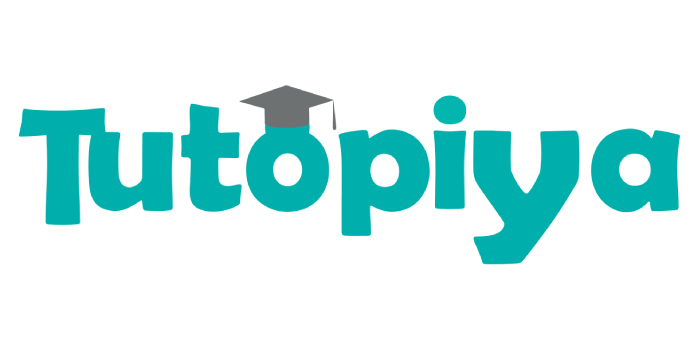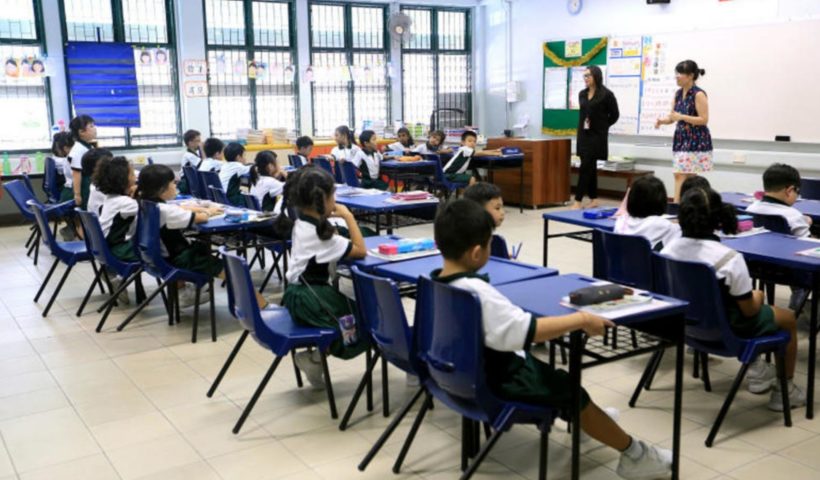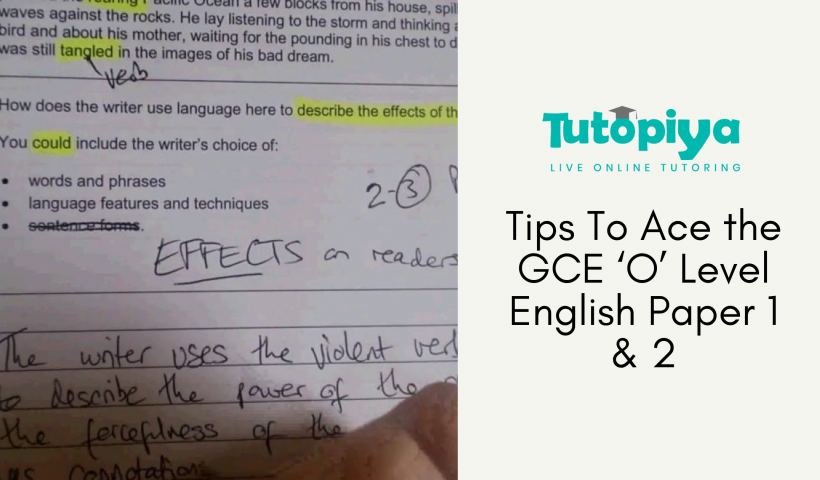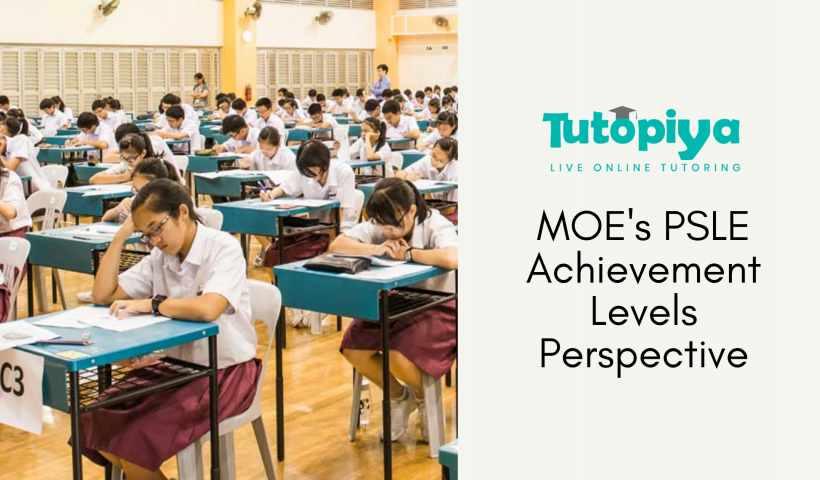Singapore Education follows this assessment throughout a student’s academic year. For Singapore Primary 1-6 curriculums, there are 4 assessments done every academic year, namely the…
View More Singapore Primary School SA1: The Ultimate Study GuideCategory: PSLE
Acing GCE O Level English Paper 1 and 2: Essential Tips and Strategies
Acing GCE O Level English Paper 1 and 2: Essential Tips and Strategies Preparing for the GCE O Level English exam can be daunting,…
View More Acing GCE O Level English Paper 1 and 2: Essential Tips and StrategiesUnderstanding PSLE Achievement Levels Perspective
The Ministry of Education is implementing some significant changes to the PSLE starting 2021. Click here to read more about them!
View More Understanding PSLE Achievement Levels Perspective




